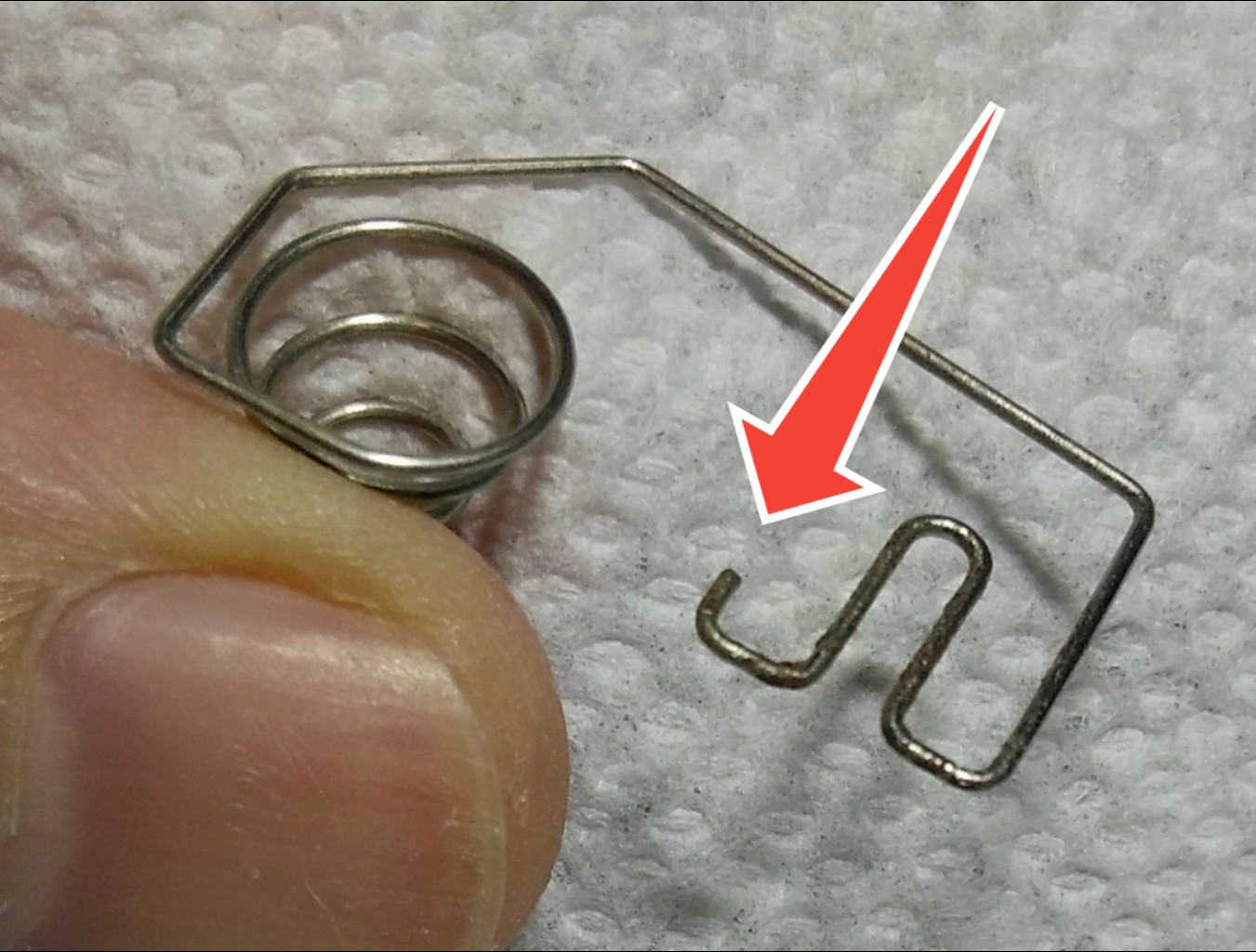I have repaired a corroded battery terminal by neutralizing it in vinegar and then cleaning it with a wire brush. The result is a terminal lead which now has bare steel visible where the protective chrome layer has been destroyed.
What kind of treatment can be done to this surface to protect it from oxidation now that the steel is exposed? Even if it doesn't corrode again in the future from a battery, I believe oxidation of the steel can still lead to further damage to the surface and it's electrical conductivity.
I am interested in both inexpensive solutions such as an aerosol spray as well as other more expensive options for an electronics hobbyist that relate to this type of repair.

